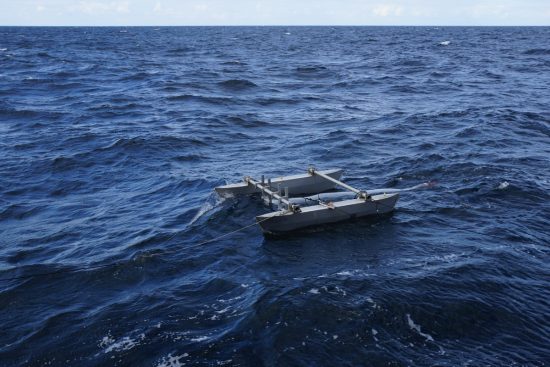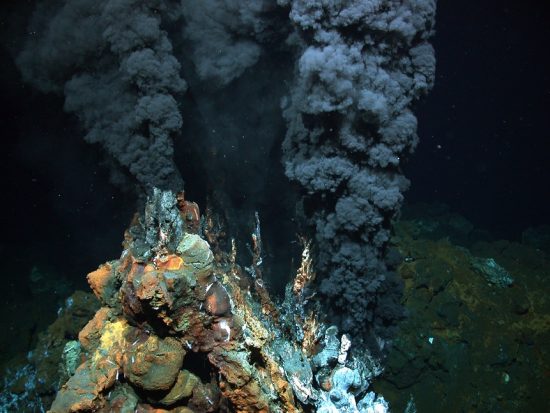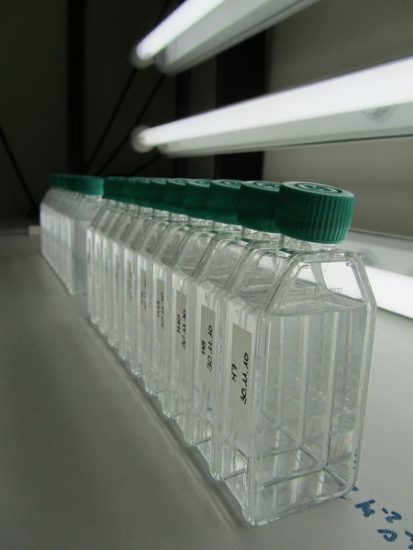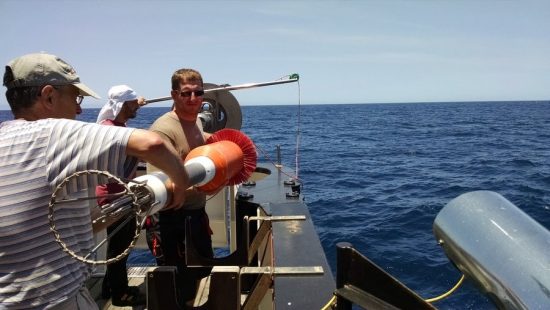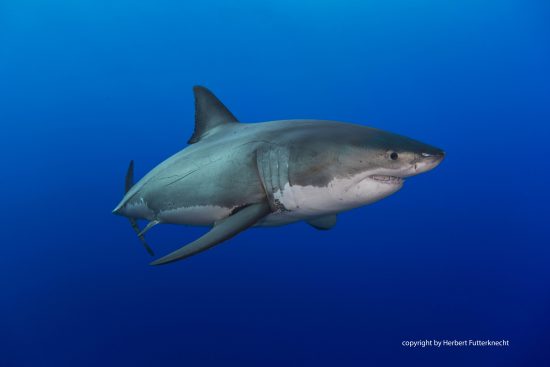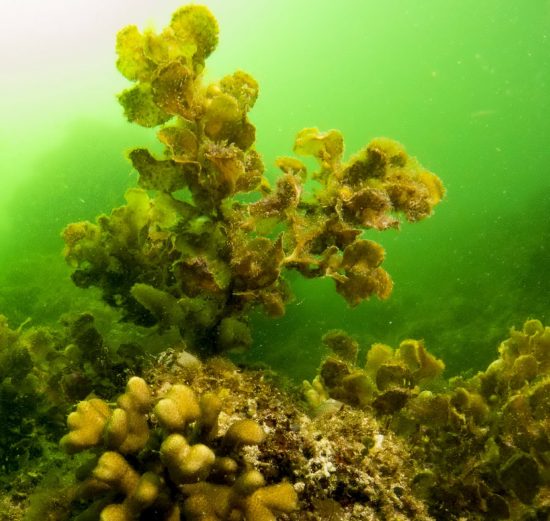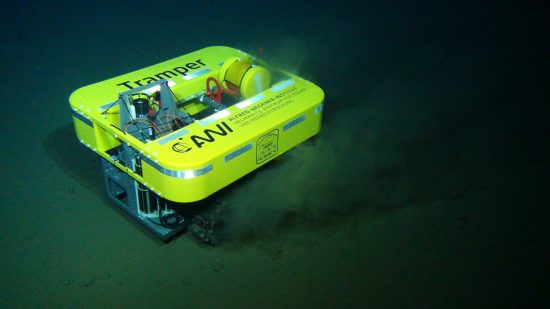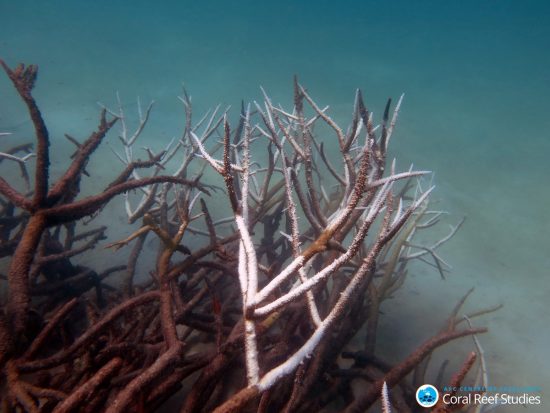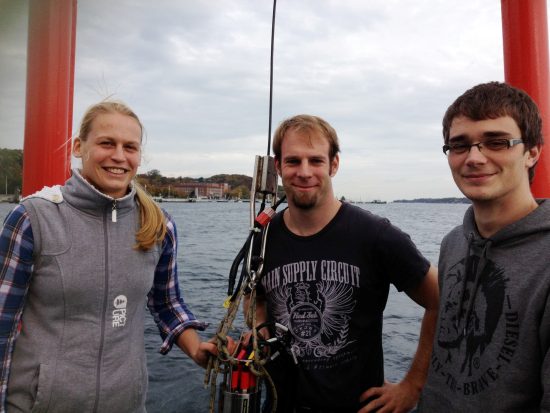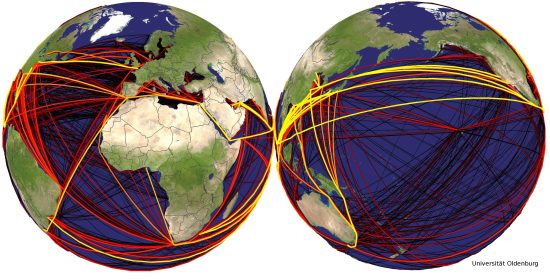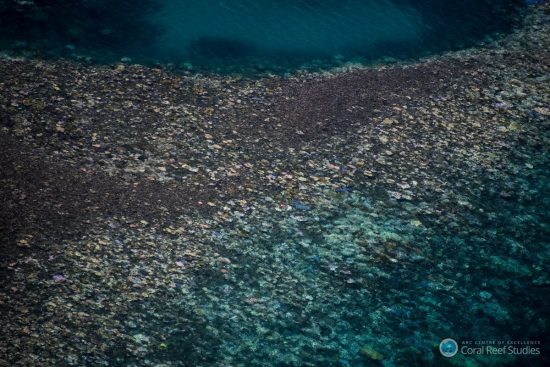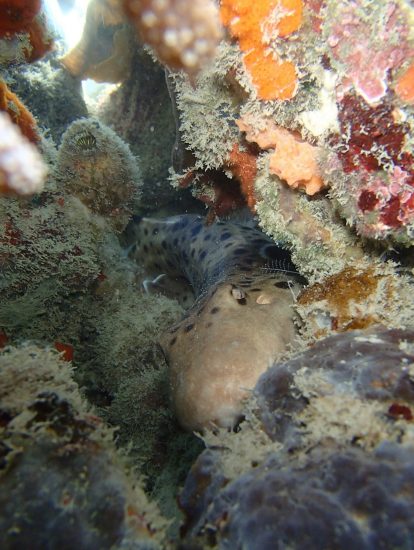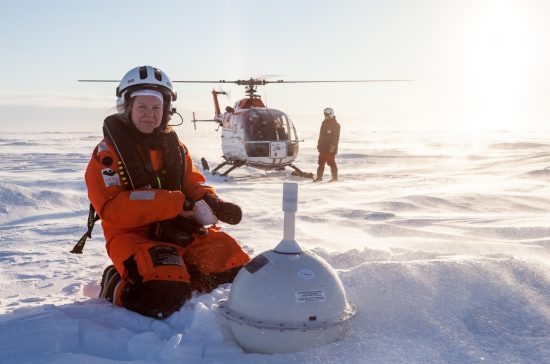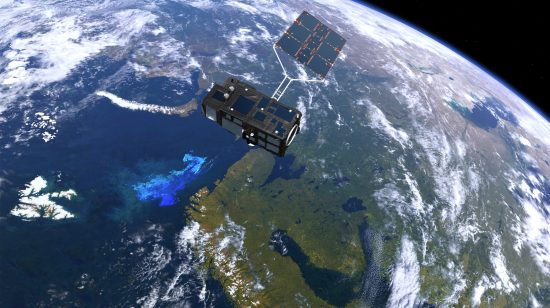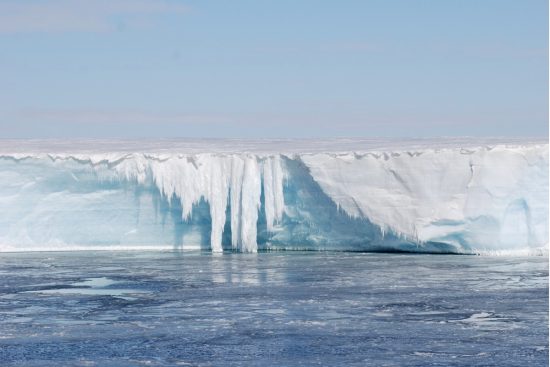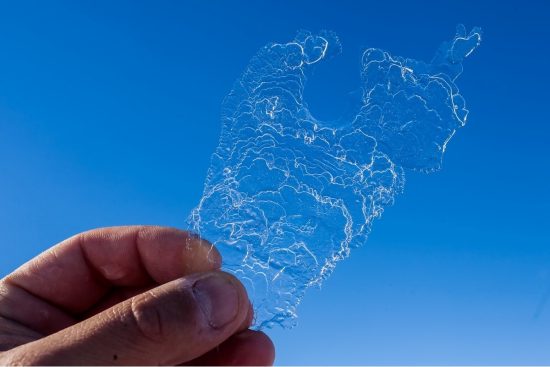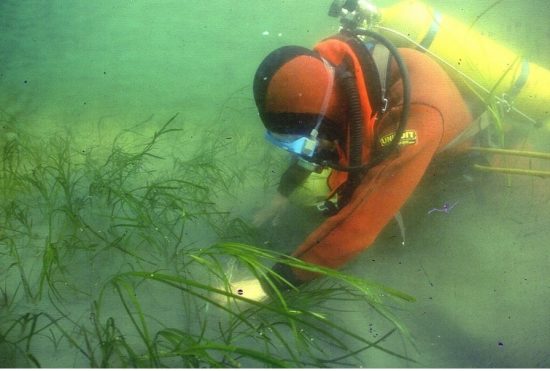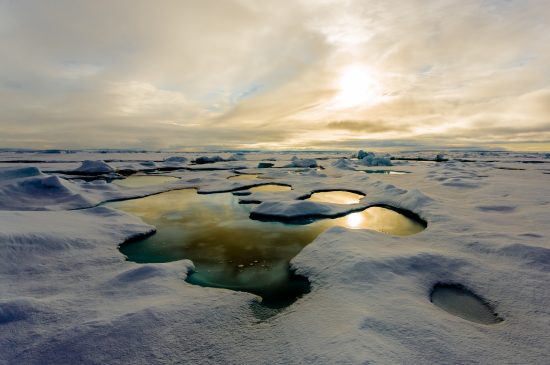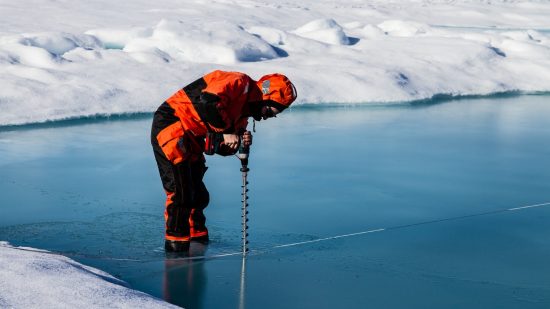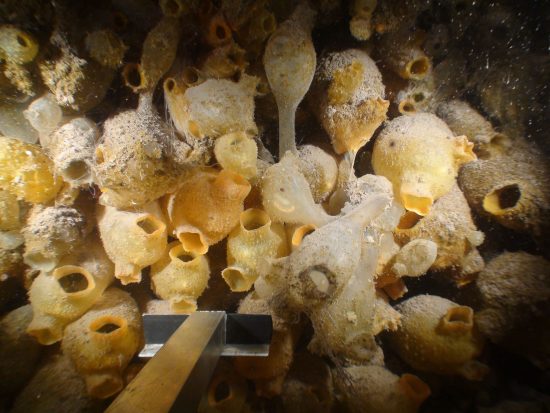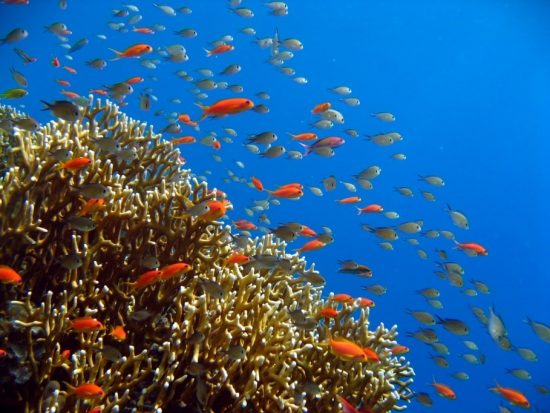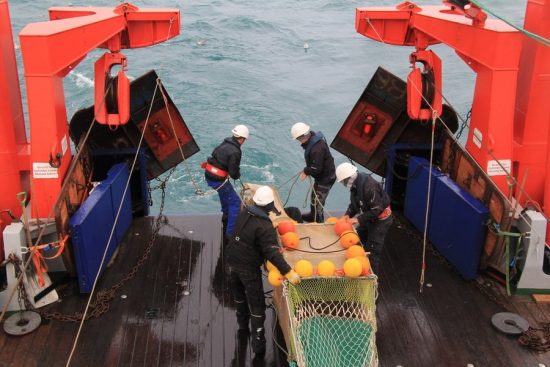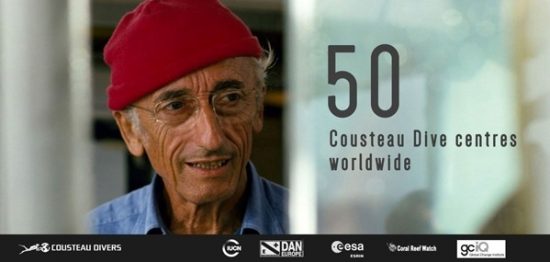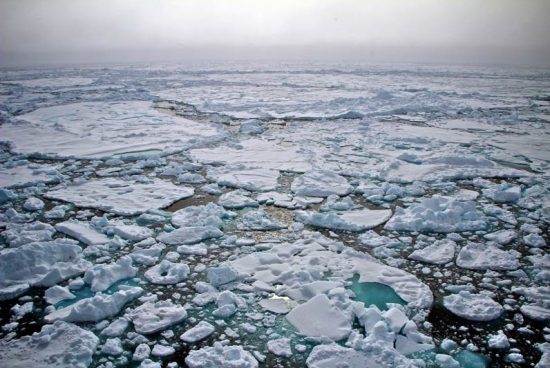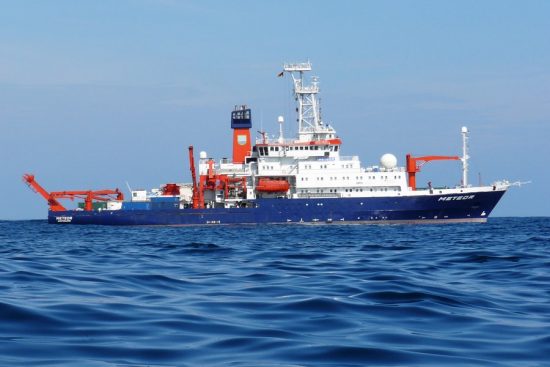
Potentially pathogenic bacteria discovered in microplastic particles
by Herbert - 28th July 2016
Bacteria population soars when temperatures increase Rising water temperatures have made it more likely for potentially pathogenic bacteria to make…
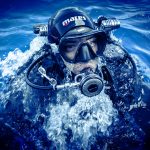
Exploring hydrothermal vents at Azores archipelago
by Mares - 23rd July 2016
Researchers investigate hydrothermal vents on research vessel's 30th anniversary cruise Welcome to the world of the hydrothermal vents, where organisms…

Limitations of adaptation in ocean acidification
by Mares - 21st July 2016
Examining the evolutionary adaptation of unicellular phytoplankton Through the process of evolution, the coccolithophore Emiliania huxleyi, a unicellular phytoplankton, has…

Scientists gather new data on effects of El Niño
by Mares - 18th July 2016
Findings indicate changes in equatorial undercurrent. October 2015 saw one of the strongest measured El Niño occurrences in the eastern…

Great White Shark Tagging
by Marcel - 5th July 2016
Finning, bycatch in commercial fishing, over fishing, sport fishing, contamination, pollution and targeted killing let the shark populations rapidly sink…

Seaweed threatens coral reefs in the Pacific
by Herbert - 28th June 2016
Researchers call for more protection of herbivorous fishCoral reefs in the Pacific Ocean are coming under increasing threat of the…

Enhancing the analysis of climatic changes in the Arctic
by Mares - 16th June 2016
Scientists head northwards with new autonomous instruments On 13 June 2016, a team of scientists set off to Spitsbergen on…

Coral bleaching continues to plague Australia’s Great Barrier Reef
by Mares - 8th June 2016
As much as 35 percent of the reef has died After intensive aerial and underwater surveys, about 35 percent of…

Proportion of unicellular plankton much higher than previously thought
by Mares - 29th April 2016
Unicellular planktonic organisms play a more important role in the marine ecosystem than previously thought. This was the conclusion drawn…

International shipping routes and invasive species: What’s next?
by Mares - 26th April 2016
Scientists from Oldenburg and Frankfurt have modelled how the global shipping routes leads to the spread of invasive plant and…

Coral reefs can condition themselves against coral bleaching
by Mares - 19th April 2016
The Great Barrier Reef is currently experiencing coral bleaching on an unprecedented scale, and scientists have voiced much concern about…

Baby sharks defy ocean acidification
by Mares - 15th April 2016
Some baby sharks are able to cope with the level of ocean acidification predicted for the end of this century,…

Defining research priorities for the Arctic
by Mares - 29th February 2016
The major international Arctic research organisations, with the involvement of the indigenous peoples of the Arctic, have come up with…

New European satellite to monitor the oceans and environment
by Mares - 19th February 2016
Carrying four Earth-observation instruments on board, a satellite lifted off on Tuesday on its mission to bring us a more…

How stable is the West Antarctic Ice Sheet?
by Mares - 12th February 2016
Exceeding critical temperature values can lead to collapse of the ice sheet and strong rise in sea level A future…

Researchers measure platelet ice beneath Antarctic sea ice
by Mares - 8th February 2016
For the first time, sea ice physicists at the Alfred Wegener Institute (AWI) have developed a new method of efficiently…

Genome of eelgrass mapped for the first time
by Mares - 4th February 2016
The genome of eelgrass (Zostera marina) has been mapped out by scientists after eight years of extensive research. It is…

Melosira Arctica named algae species of 2016
by Mares - 19th January 2016
Researchers have named the Melosira arctica, one of the major algae species in the Arctic Ocean, as Algae of the…

Arctic sea ice plays essential role in methane cycle
by Mares - 8th December 2015
Study uncovers link between seasonal melting of sea ice and release of methane gas The ice-covered Arctic Ocean plays a…

Melting coastal glaciers cause loss in biodiversity – Seabed ecosystem affected by sedimentation
by Mares - 20th November 2015
Melting glaciers will lead to a reduction of species biodiversity among the benthos (bottom-dwelling organisms) community in the coastal waters…

Return of the blue whale?
by Mares - 16th November 2015
For several years, blue whales are more frequently being sighted in European waters, be it off the coast of England,…

Billions of juvenile polar cod under Arctic sea ice
by Mares - 14th October 2015
With a newly developed netting gear, marine scientists at the Alfred Wegener Institute managed to catch a large number of…

Coral reefs in dire threat
by Mares - 12th October 2015
The third global spate of coral bleaching currently taking place may affect almost 38 percent of all the coral reefs…

German research network on ocean acification concludes
by Mares - 8th October 2015
An in-depth assessment of the possible impact of ocean acidification on the environment, society and economy, as well as the…

Tackling rising ocean temperatures
by Mares - 1st October 2015
Rising sea temperatures are threatening marine ecosystems worldwide, and this has a major impact on our climate, weather, fish stocks…

Arctic Ocean: Reduced Amount Of Ice
by Mares - 17th July 2015
Commercial Fishing Ban Implemented In The Arctic Over the years, climate change has reduced the amount of ice in the…

Nitrous Oxide From The Sea
by Mares - 26th June 2015
Kiel marine scientists have discovered that the South-East Pacific region has been emitting more nitrous oxide levels than previously expected.…





